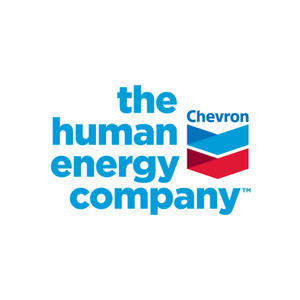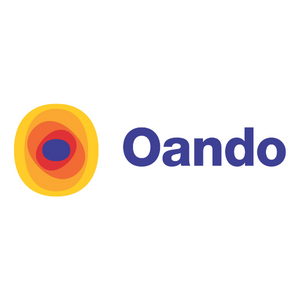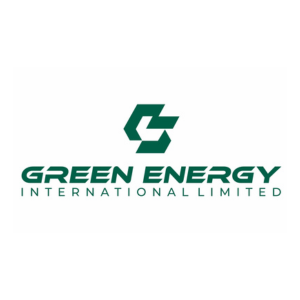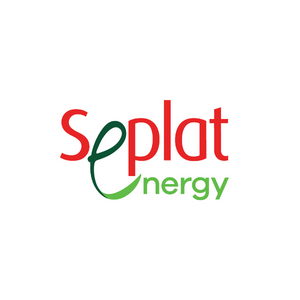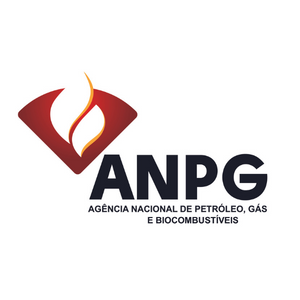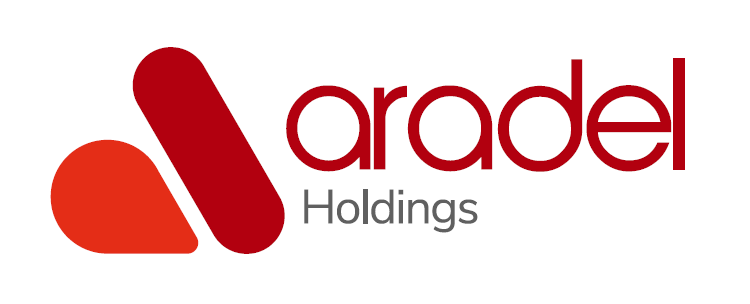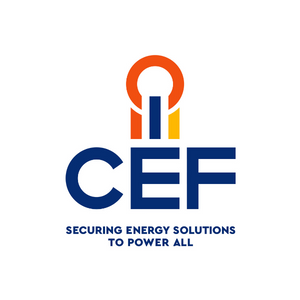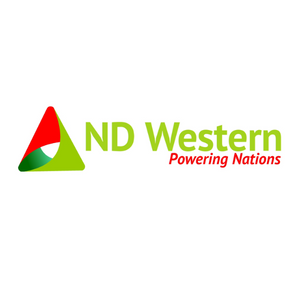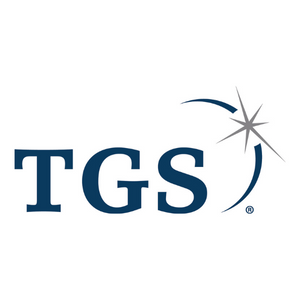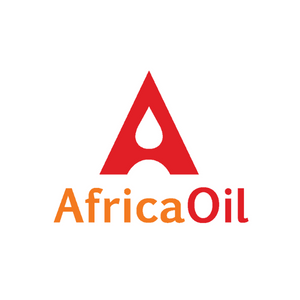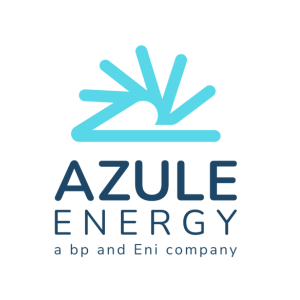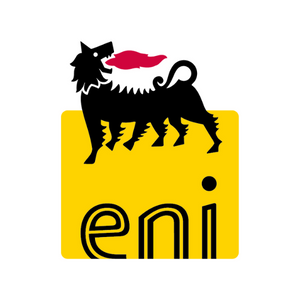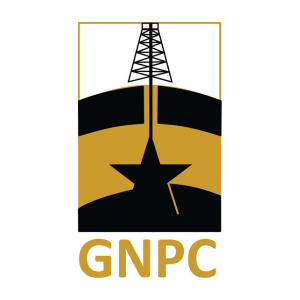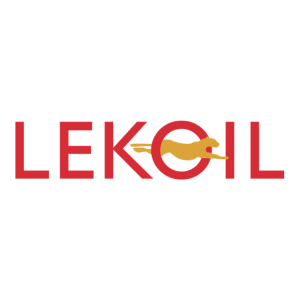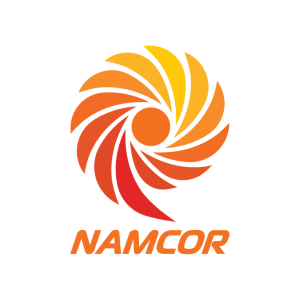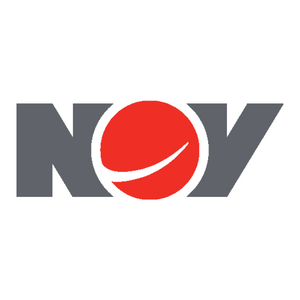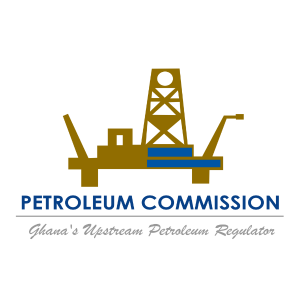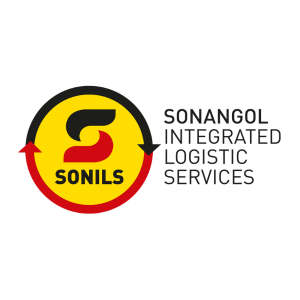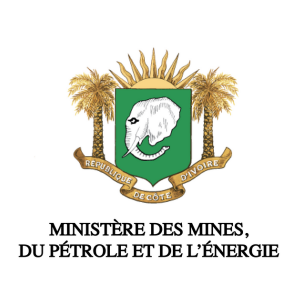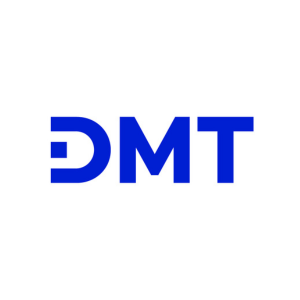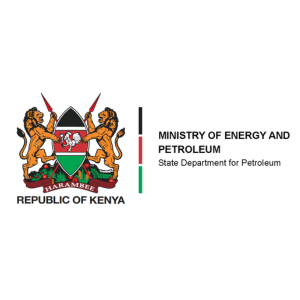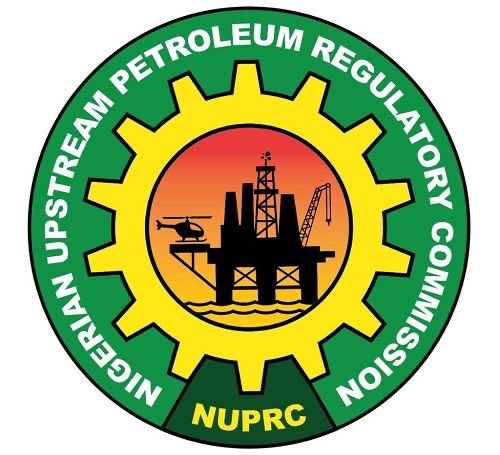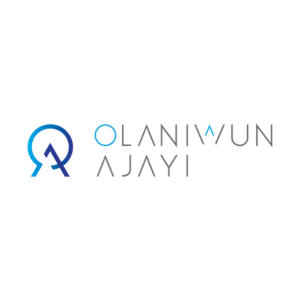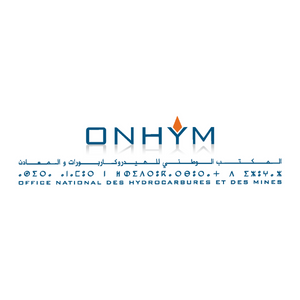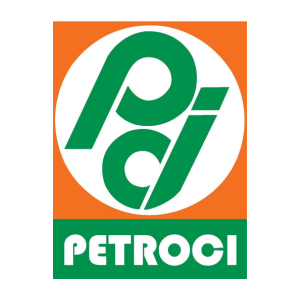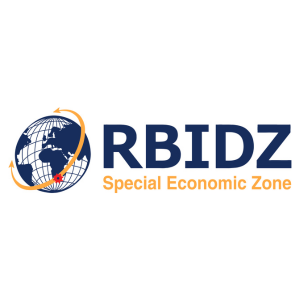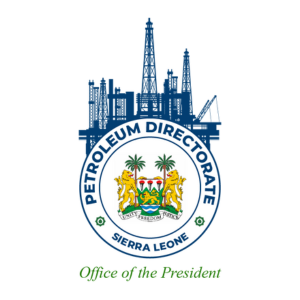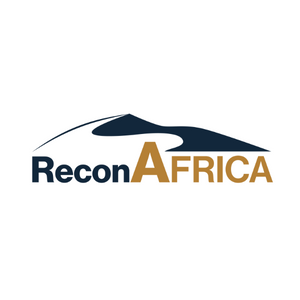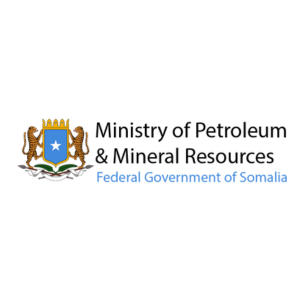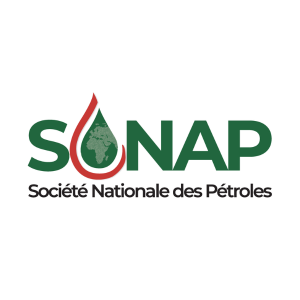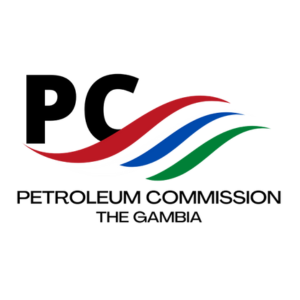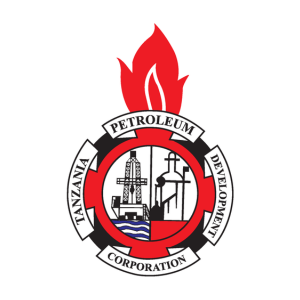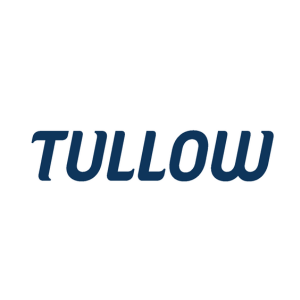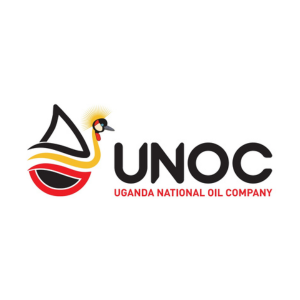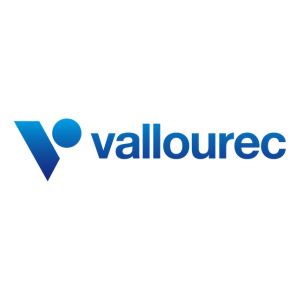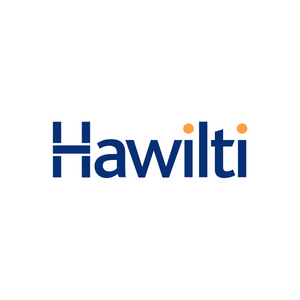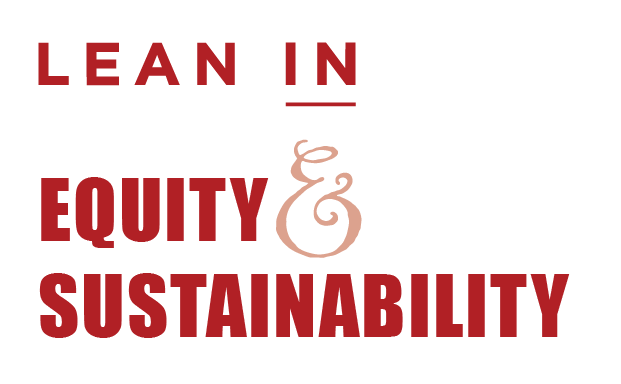Nina Koch
SVP Head of Operations Africa Equinor
Experience: Current role in Equinor includes overseeing assets in Algeria, Libya, Angola,
Nigeria, and Tanzania.
Prior to that Nina has been Country manager in both Angola and Canada. Nina Koch joined
Equinor in 1992 and has more than 25 years of broad leadership experience from the energy
sector, with a diverse skillset within finance and control, strategy and business development
as well as operations and risk management.
Education: Nina holds a Master’s in Economics and Business Administration from the
Copenhagen Business School, and a master’s from the Norwegian School of Management
“Change Management” program.
Other matters: Nina Birgitte Koch is a Norwegian citizen
AOW 2023 Programme Sessions
PANEL DISCUSSION: Securing Global Energy Demand with Africa’s Resources
According to various industry estimations, oil will peak around 2040 – possibly reaching 114 million barrels per day – but the international community will continue to require hydrocarbons as we transition into year 2050. This being the case, how can African countries adapt to remain competitive and position their upstream markets as the supply base of choice?
- What makes Africa a viable global energy supplier and how can it improve its global strategic positioning by 2050?
- To what extent does the carbon profile of African markets weigh into investment decisions?
- What is the future for frontier oil and gas markets given the global drive to low carbon futures?
- How can non-producing nations attract investment into exploration?
- Thinking beyond upstream – how cangovernments and E&P companies can support the delivery of integrated value chains from oil to refinery/petrochemicals and gas to power/industries?
Tuesday 10 October 11:30 - 12:15 Stage A
Plenary
According to various industry estimations, oil will peak around 2040 – possibly reaching 114 million barrels per day – but the international community will continue to require hydrocarbons as we transition into year 2050. This being the case, how can African countries adapt to remain competitive and position their upstream markets as the supply base of choice?
- What makes Africa a viable global energy supplier and how can it improve its global strategic positioning by 2050?
- To what extent does the carbon profile of African markets weigh into investment decisions?
- What is the future for frontier oil and gas markets given the global drive to low carbon futures?
- How can non-producing nations attract investment into exploration?
- Thinking beyond upstream – how cangovernments and E&P companies can support the delivery of integrated value chains from oil to refinery/petrochemicals and gas to power/industries?

